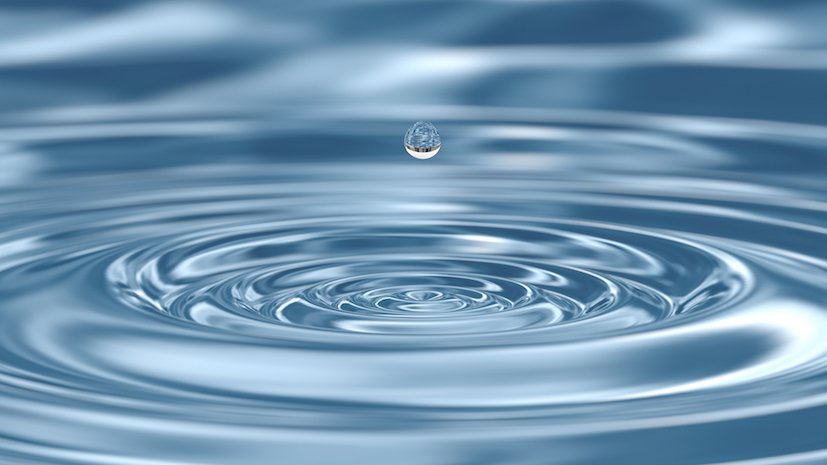Inside BENEO’s new pulse plant: pioneering sustainable protein from faba beans
In Urban India, 50 Million People in 15 Cities Have no Access to Safe, Affordable Drinking Water: Report
Healthy drinking water is very important for good health. A safe water supply ensures the health of a country, yet it is woefully under-prioritised, globally. And in India, it’s at the lowest echelon. In urban India, 50 million people in 15 cities have no access to safe, affordable drinking water, reveals a UNICEF, India report.
Speaking on the essence of knowing healthy water, Manjari Chandra, Consultant Nutritional Medicine, said, “Amid the scarcity of water, it is very important to know about the purity of water available for consumption. It is often seen that people usually check if the water is clear while drinking. If it looks clean, they assume that it is safe to drink. But this is often not the case. Water looking clean might not always be safe for drinking.”
Drinking water comes from a variety of sources including public water systems, private wells, or bottled water. However, in urban India, the majority of the population resides in private households wherein privately owned and operated sources of drinking water, such as wells, cisterns, and springs are available. But people hardly know how the water they consume reaches them, how it is contaminated during the treatment and supply stages etc.
Dr Prof. Sanjay Rai, Professor, Dept. of Community Medicine, AIIMS, President, Indian Public Health Association (IPHA) said, “In urban India, Reverse Osmosis (RO) is one of the most effective water treatment processes being practised and widely used for water purification by the majority of the population. It is generally used for home water treatment to remove salts, chemical toxins, organic contaminants, dyes, pesticides and microbes. In this process, the raw water is forced (with pressure) through a dense membrane filter that prevents the passing of impurities. Although, the Reverse Osmosis process has certain benefits such as it does not produce or use any harmful chemicals, yet water consumed after the treatment through the RO process is devoid of useful minerals. Unless minerals are added back, the RO water could have harmful effects on health.

